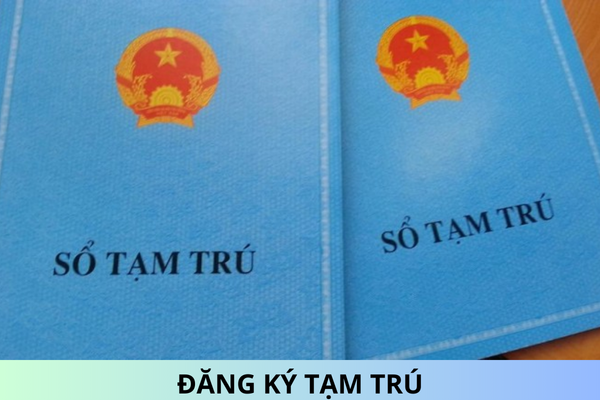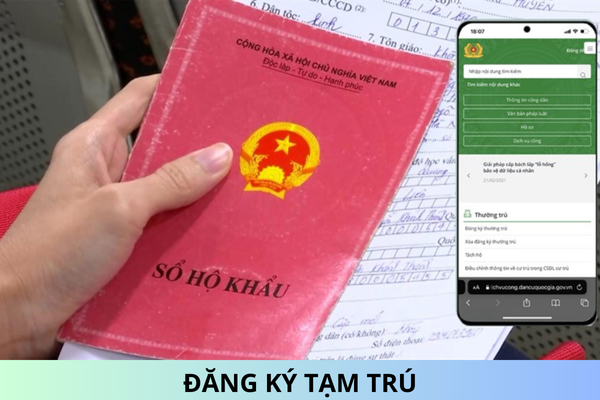Does common property mortgage contract of husband and wife need to be signed by both in Vietnam?
Does common property mortgage contract of husband and wife need to be signed by both in Vietnam? Has Vietnam recognized the marriage contract? Can I sign a contract to hire person’s surrogacy in Vietnam?
Does common property mortgage contract of husband and wife need to be signed by both in Vietnam?
Question: Hello, my name is Linh and I live and work in Vinh Long. I have the following problem and ask for your help: because I need money for my business, my wife and I plan to mortgage the land that we bought before. Before that, the couple had agreed to let my husband be in my name, so the certificate of land use right was in one person's name, but it was the common property of my husband and I. So the mortgage application shows that the mortgagee is 1 or 2 persons? Or to be more specific: Does the common property mortgage contract need to be signed by both persons? Which document regulates this issue? Hope to receive a reply from you soon, thank you very much!
Reply:
According to Article 34 of the Law on Marriage and Family 2014, there are regulations on registration of ownership and use rights for common property, as follows:
1. For a common property which is required by law to be registered for ownership or use, both spouses shall be named in the ownership or use right certificate, unless otherwise agreed by the couple.
2. In case only one spouse is named in the property ownership or use right certificate, transactions related to such property must comply with Article 26 of this Law. Any dispute related to that property shall be settled under Clause 3, Article 33 of this Law.
According to the provisions of Article 24 of the Law on Marriage and Family 2014, there are provisions for mortgage contracts which are common property of husband and wife as follows:
2. Husband and wife may authorize each other to establish, make or terminate transactions which, as prescribed by this Law, the Civil Code and other relevant laws, shall be agreed upon by both spouses.
And often, when signing a mortgage contract, the mortgaged property is the common property of husband and wife. The mortgage agreement must be signed by both spouses. However, the law allows husband and wife to authorize each other to perform transactions in accordance with the law in Vietnam. Therefore, when signing a mortgage contract, the land use right is the common property of the husband and wife and the mortgagee, both husband and wife must sign, in case only one of the spouses signs. then it is required to have a power of attorney on the mortgage consent of the other person.
Has Vietnam recognized the marriage contract?
Question: Can I write a commitment agreement between the husband and wife and then ask for a seal in the commune about the fact that later on if one of the two commits adultery, all children and property belong to the other, is it effective? How does that paper have legal validity?
Reply:
Currently, Vietnamese law does not have any specific provisions on the issue of a marriage contract other than an agreement on the property regime.
The parties can make an agreement to establish the property regime of husband and wife under Article 47 of the Law on Marriage and Family 2014 as follows:
For a married couple that selects the agreed property regime, this agreement shall be made in writing before their marriage and be notarized or certified. The agreed matrimonial property regime shall be established on the date of marriage registration.
Basic contents of an agreement on the matrimonial property regime include (Article 48 of the Law on Marriage and Family 2014):
1. The basic contents of an agreement on the property regime include:
a/ Property determined as common property and separate property of the husband and wife;
b/ Rights and obligations of the husband and wife toward common property, separate property and related transactions; property to meet the family’s essential needs;
c/ Conditions, procedures and principles of property division upon termination of the property regime;
d/ Other related contents.
2. For matters arising in the implementation of the agreed property regime which have not been agreed or unclearly agreed by husband and wife, Articles 29, 30, 31 and 32 of this Law and corresponding provisions of the statutory property regime shall apply.
Regarding children: According to Article 81 of the Law on Marriage and Family 2014:
1. After a divorce, parents still have rights and obligations to look after, care for, raise and educate minor children or adult children who have lost their civil act capacity or have no working capacity and no property to support themselves in accordance with this Law, the Civil Code and other relevant laws.
2. Husband and wife shall reach agreement on the person who directly raises their children and on his and her obligations and rights toward their children after divorce. If they fail to reach agreement, the court shall appoint either of them to directly raise the children, taking into account the children’s benefits in all aspects. If a child is full 7 years or older, his/ her desire shall be considered.
3. A child under 36 months of age shall be directly raised by the mother, unless the mother cannot afford to directly look after, care for, raise and educate the child or otherwise agreed by the parents in the interests of the child.
In your case, you can make an agreement to establish the property regime, for the issue of child custody, the divorce will be agreed by both parties in Vietnam, if no agreement is reached, ask the Court to settle.

Can I sign a contract to hire person’s surrogacy in Vietnam?
Question: Hi lawyer. I am 24 years old, unmarried. I want to ask if I am not married but want to hire someone else to act as a surrogate for me, is it illegal to sign a contract of surrogacy with another woman over the age of 18, to have sex and give birth? law? If so, what laws did I break? What is handling for this?
Reply:
Pursuant to Article 95 of the Law on Marriage and Family 2014, conditions for altruistic gestational surrogacy are as follows:
1. Altruistic gestational surrogacy shall be based on the voluntariness of involved parties and established in writing.
2. Husband and wife have the right to ask for a person’s gestational surrogacy when they fully meet the following conditions:
a/ The wife is certified by a competent health organization as unable to carry a pregnancy and give birth even with assisted reproductive technology;
b/ The couple has no common child;
c/ The couple has received health, legal and psychological counseling.
3. A gestational carrier must fully satisfy the following conditions:
a/ She is a next of kin of the same line of the wife or husband who asks for gestational surrogacy;
b/ She has given birth and is permitted for gestational surrogacy only once;
c/ She is at a suitable age and is certified by a competent health organization as eligible for gestational surrogacy;
d/ In case she is married, she obtains her husband’s written consent;
dd/ She has received health, legal and psychological counseling.
4. Altruistic gestational surrogacy must not contravene the law on giving birth with assisted reproductive technology.
5. The Government shall detail this Article.
According to this Article, the couple must meet all of the above conditions to be considered for surrogacy.
When applying this method, the husband and wife can ask the next of kin of the spouse to carry out surrogacy. Regarding the conditions of surrogate mothers, please refer to Clause 7 Article 2 of Decree 10/2015/ND-CP regulating childbirth by in vitro fertilization and conditions for altruistic gestational surrogacy:
Next of kin of the same line of a spouse who asks for gestational surrogacy includes his or her full siblings, paternal half-siblings and maternal half-siblings; children of his or her paternal and maternal uncles and paternal and maternal aunts; and siblings-in-law of his or her full siblings or paternal or maternal siblings.
Thus, based on current Vietnamese law, surrogacy for humanitarian purposes currently only applies to infertile couples who do not have children in common, so your case does not fall into the following categories: cases where surrogacy is performed.
On the other hand, if you sign a contract to hire a certain woman to become pregnant and give birth to your child, this is an invalid civil transaction due to a violation of the law. You will have to bear the full risk on your part, for example, after giving birth to a woman who refuses to give you the child according to the contract...
Best regards!










